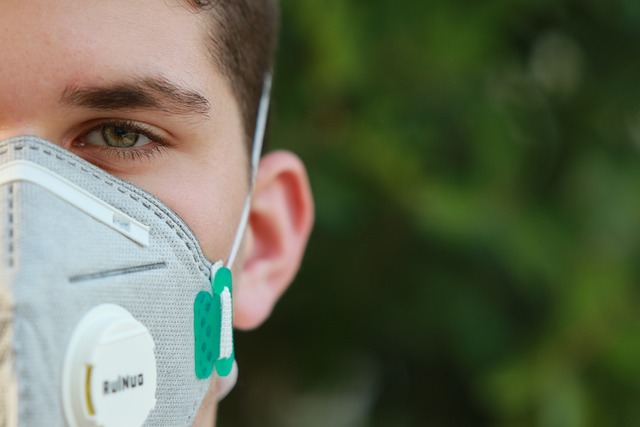Covid-19 pandemic indeed brought unexpected challenges to everyone. This literally transformed the global economic landscape. It made a lot more people to show interest in unorthodox ways of making money such as checking in with the Tate brothers.
Resilient Economic Recovery via Digital Transformation
In the aftermath of the COVID-19 pandemic, nations worldwide are experiencing a remarkable economic rebound characterized by:
- Resilience
- Adaptability
- Innovation
This resurgence is particularly evident in the swift acceleration of digital transformation across diverse industries.
From the widespread adoption of remote work solutions to the unprecedented surge in e-commerce activities, businesses are harnessing technology to bolster efficiency and seamlessly adapt to the ever-evolving demands of consumers.
Adapting to Evolving Consumer Trends and Supply Chain Realities
Due to Covid-19, consumers are increasingly prioritizing health and sustainability, leading to a heightened demand for eco-friendly products and fostering a more conscientious approach to consumption.
Concurrently, the disruptions in global supply chains have prompted a reevaluation, with countries and companies now emphasizing resilience, diversification, and localization to mitigate future risks.
This dual shift reflects a comprehensive response to the challenges posed by the pandemic, shaping a landscape where businesses must adeptly align with evolving consumer preferences and establish more robust and flexible supply chain networks.
Nurturing Sustainable Futures
Post-COVID-19, the economic landscape is witnessing a dual transformation in financial decision-making and work dynamics. Environmental, social, and governance (ESG) considerations have become integral in financial strategies, with sustainable finance gaining traction as investors prioritize companies dedicated to responsible practices and societal impact.
The traditional office model is evolving into a hybrid work structure, seamlessly integrating remote and in-person work. Beyond enhancing work-life balance, this shift reshapes commercial real estate trends, emphasizing the need for adaptable office spaces.
Together, these trends signify a cohesive movement towards sustainability and flexibility, shaping a future where businesses prioritize responsible practices and workplaces embrace dynamic, hybrid models.
Navigating Post-Pandemic Challenges

Governments worldwide have implemented unprecedented fiscal measures to bolster businesses and individuals, ushering in an era of economic revival. Yet, the challenge lies in transitioning from emergency measures to sustainable fiscal policies that foster enduring growth.
Simultaneously, the pandemic has illuminated the critical role of healthcare innovation, driving increased investments in biotechnology and medical research.
This dual focus on fiscal responsibility and healthcare progress represents a pivotal juncture, where nations strive to weave together economic recovery and advancements in health, ensuring a resilient and sustainable post-pandemic future.
